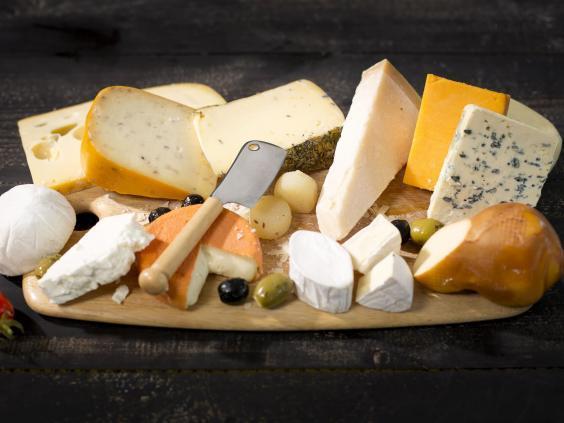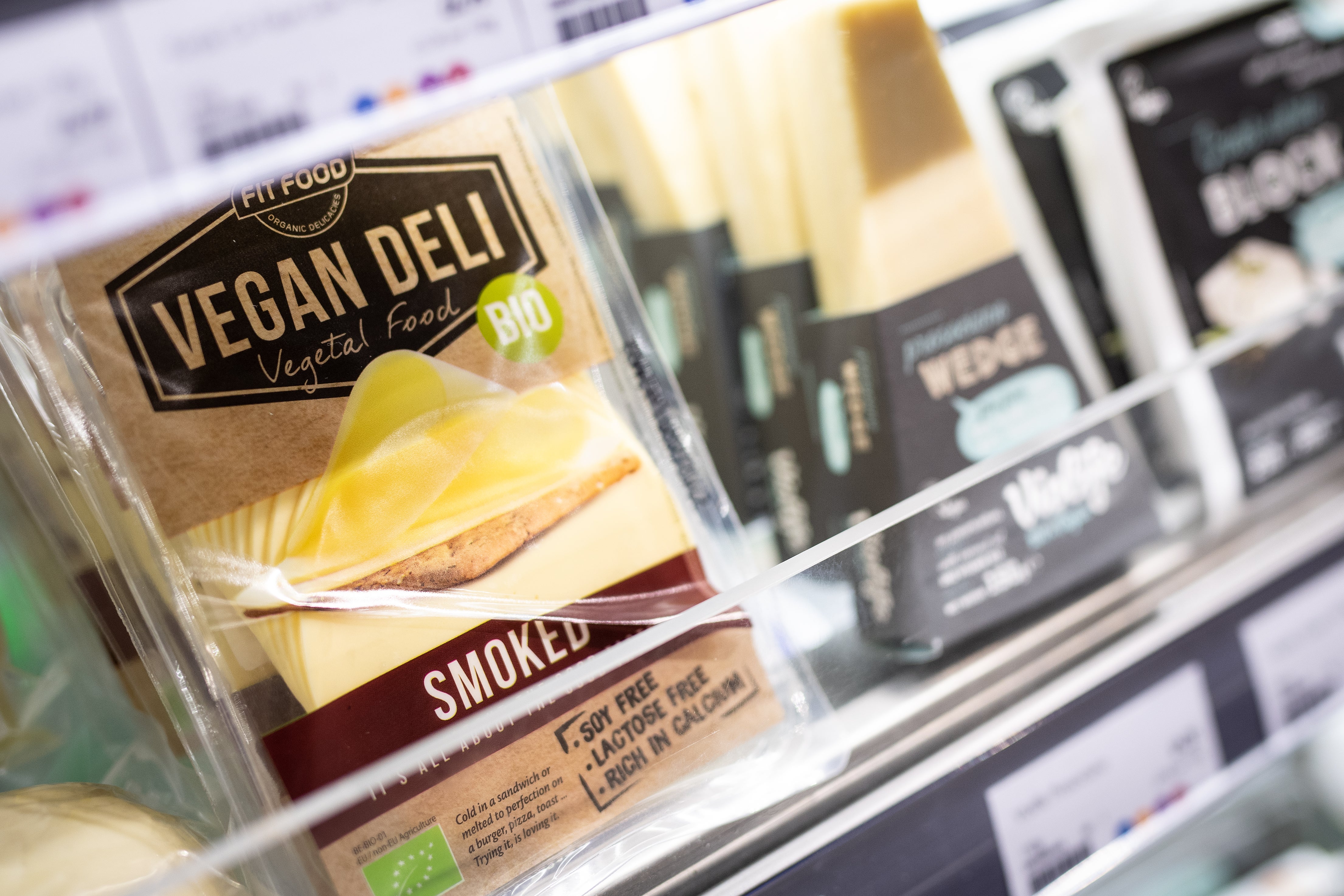Experts issue health warning over vegan cheese
A charity has called for the government to ‘get tough’ on the cheese industry
Vegan cheese manufacturers have been accused of dismissing health warnings about their products, with campaigners now urging the government to act.
Plant-based cheese is almost 10% saltier than regular cheddar and equally high in saturated fat, despite its perceived “health halo”, Action on Salt has warned.
The organisation found that plant-based cheeses have the highest salt levels, containing an average of 1.91g per 100g.

Even a small 30g portion of standard cheddar contains more salt than a packet of crisps, the charity’s survey of more than 600 cheddar and similar cheeses across 10 retailers found.
It said cheese manufacturers were failing to take salt reduction seriously, making only minimal changes over the last decade.
The charity has called for the government to “get tough” on the industry and set stricter, mandatory salt reduction targets beyond 2024.
The cheddar surveyed by the charity with the highest salt content was Asda’s 30% Less Fat Mature British Cheese, containing 2g/100g, compared to Morrisons Savers Mild Coloured Cheddar which contained 28% less salt at 1.44g/100g.
The charity said the findings proved that salt was unnecessary in such high amounts and that salt reduction was achievable to benefit the nine in 10 people who bought and consumed cheddar regularly.
On average, own-brand cheese was lower in salt than branded equivalents.

Morrisons had the lowest average salt level across all retailers at 1.61g/100g, while cheesemakers Saputo Dairy, which produces Cathedral City, had one of the highest average salt contents at 1.83g/100g, according to the findings.
In 2012, the average salt content of cheddar and similar cheese was 1.68g/100g, compared to 1.70g/100g in 2023.
Action on Salt acknowledged that many of the cheeses currently available fell below the maximum salt target set in 2020 by the Department of Health and Social Care, to be achieved by the end of 2024.
But it said the large variations in salt and the lack of any significant reductions since 2012 “make it clear that the targets are far too lenient”.
Graham MacGregor, professor of cardiovascular medicine at Queen Mary University of London and Action on Salt chairman, said: “Reducing salt is the most cost-effective measure to lower blood pressure and reduce the number of people suffering from strokes and heart disease and life-changing disabilities associated with this – all of which is completely avoidable.
“According to the Department of Health & Social Care, each gram per day reduction in population salt intake saves more than 4,000 premature deaths per year.
“And yet, the government do little to help the public in reducing their salt intake and should force the food industry to use much less salt in their products, with strictly enforced targets.”
Sonia Pombo, a registered nutritionist and campaign lead at Action on Salt, said: “As a nation, we are all eating far too much salt, much of which is already added by the food industry in everyday family favourites such as cheese and risks raising our blood pressure and impacting our health.
“The level of salt in some of these products is simply unnecessary and completely undermines the work of some more responsible businesses. It’s therefore vital that our government puts our health first and sets the wheels in motion for more stringent salt reduction targets beyond 2024.”
Bookmark popover
Removed from bookmarks